Wednesday, October 1, 2008
Tips on How To Handle Your Next Q&A Session
I am not a big fan of lengthy Q&A sessions as it tends to denote that my presentation was not informative enough if the audience is left with many questions. However, such a session can open up the audience to what they are really looking for and especially for a sales presentation, will give you the buying signals to indicate that they are serious.
My first rule is that you must prepare your content for what your audience is seeking information on. That means your presentation should answer the questions that they have and they do not have to wait until the end of your PowerPoint when you finally say "any questions?" to get the information that they are seeking.
Also, it is not a very powerful way to end a presentation. How many times have you heard, "and now we will take questions from the audience" which signaled that you can quietly dart out?
You must always end your presentation with impact and reiterate your message before you steer into the Q&A portion.
The next time you are presenting, here are some quick and easy tips for you to try out:
1. Be an expert on your topic. If you truly know your subject, then you will not be caught out with a challenging question. You will be able to handle any question or statement or comment thrown your way. Trust that you are the knowledgeable expert on the topic. After all, that is why have asked to present.
2. Do not make up a story or change the question if you do not know the answer. The best way to handle this is to thank the audience member for bringing up the subject and admit that you do not have all the data or facts or background, etc to fully answer the question but you will get back to them with the answer as soon as you get the relevant information. More importantly, you must remember to follow up!
3. Do not start your answer by saying "That's a (very) good question." Then you will have to say that for everyone who asks a question. Many speakers say this without actually knowing why. It is in fact, a form of respect and acknowledgement and sometimes, to buy a little bit of time while formulating a response. Instead, start with "thank you for your question..."
4. Prepare someone to ask a question. If you have anxiety about a shy audience not speaking up or facing the awkward deafening silence when no one raises a hand, then prepare a colleague to ask a relevant question. It will help kickstart the session if someone speaks up first.
5. Steer irrelevant questions offline. If a question is clearly off topic and likely to tune out the rest of the audience, then request that you speak with the respective audience member after the presentation. "As this is not related to the presentation, would it be okay if I speak to you afterwards on this?" This also applies to someone who is on attack or is clearly being challenging.
6. Prepare by thinking of what the audience may ask you including the worst, most challenging and skeptical questions. Put yourself in the shoes of your worst skeptic and what questions may they throw at you? Formulate your answers accordingly and it will help you feel more prepared. Your thorough preparation will always be the best confidence booster.
For more resource articles on public speaking and presentation skills, please continue to scroll down.
For more information about our upcoming presentation skills workshops in Hong Kong, please contact info@biz-results.net.
Subscribe to:
Post Comments (Atom)

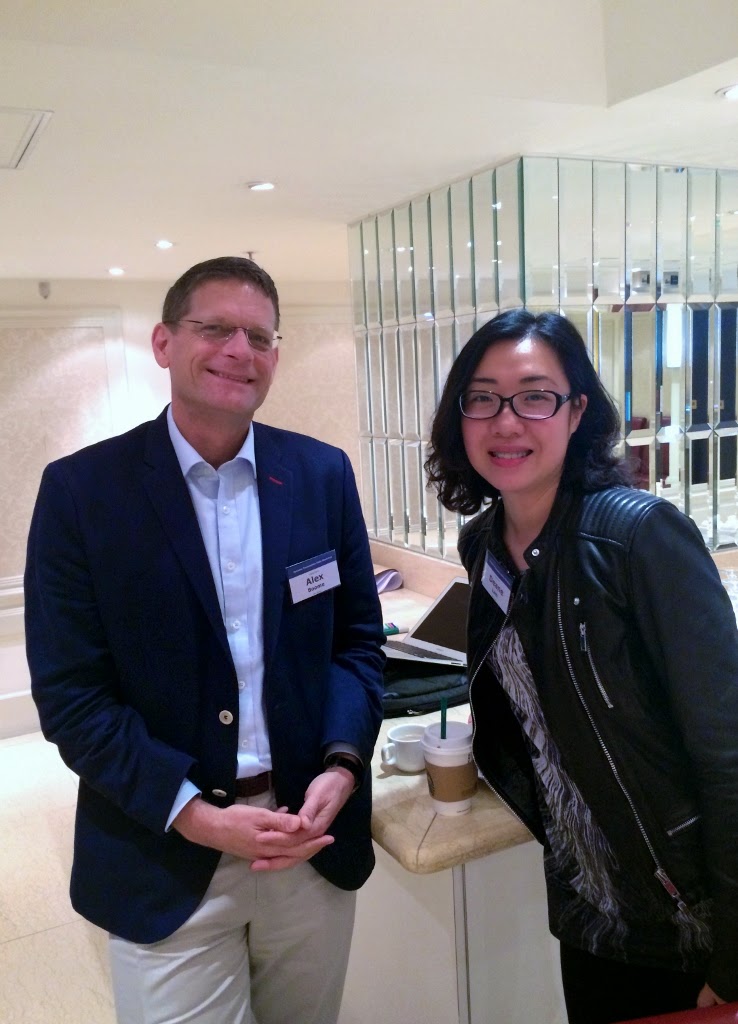

























































































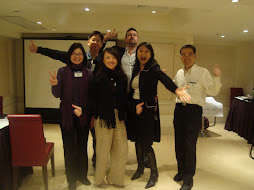





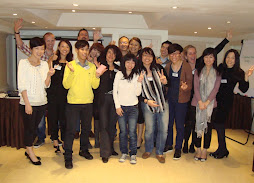






















































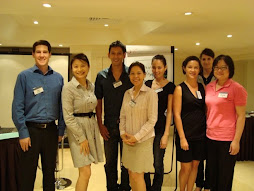



















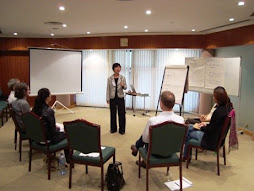



















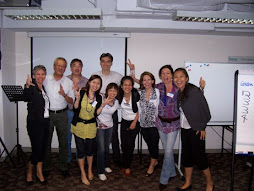
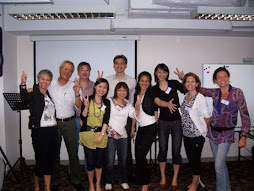
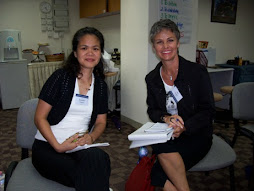

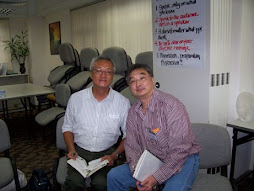






















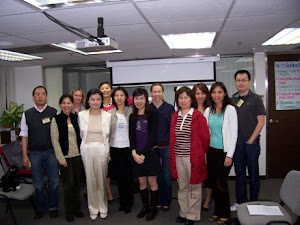
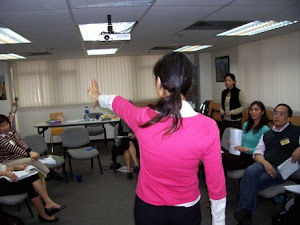
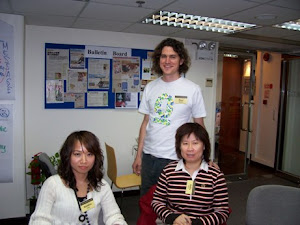

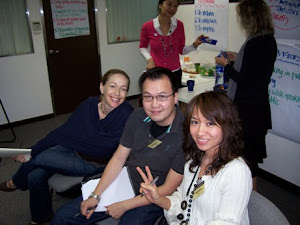
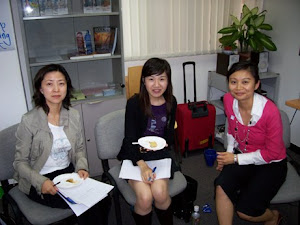
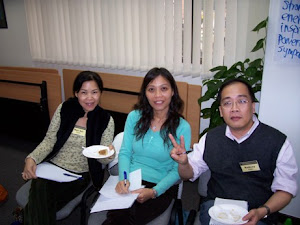
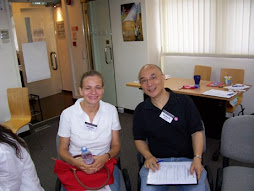
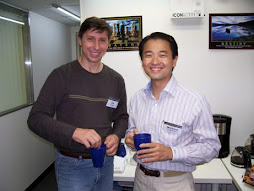
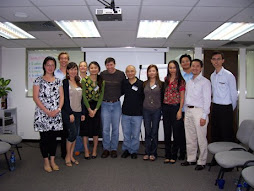




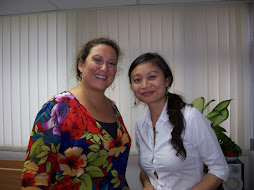






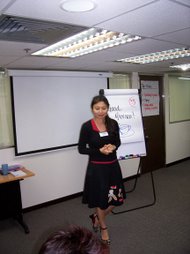
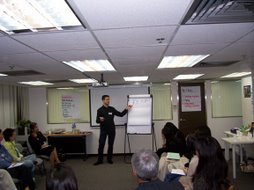
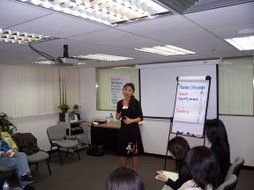




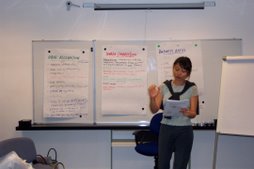

No comments:
Post a Comment